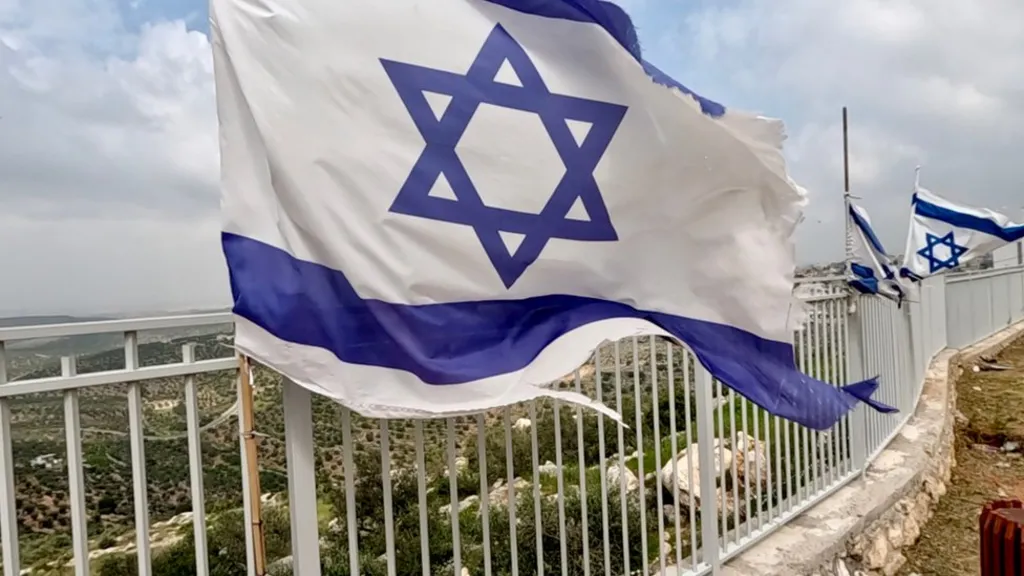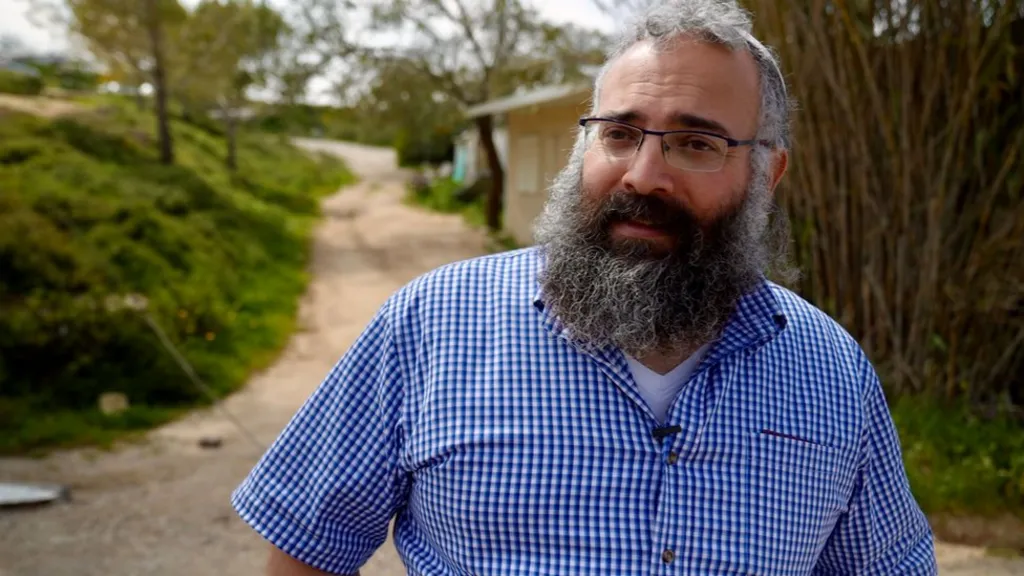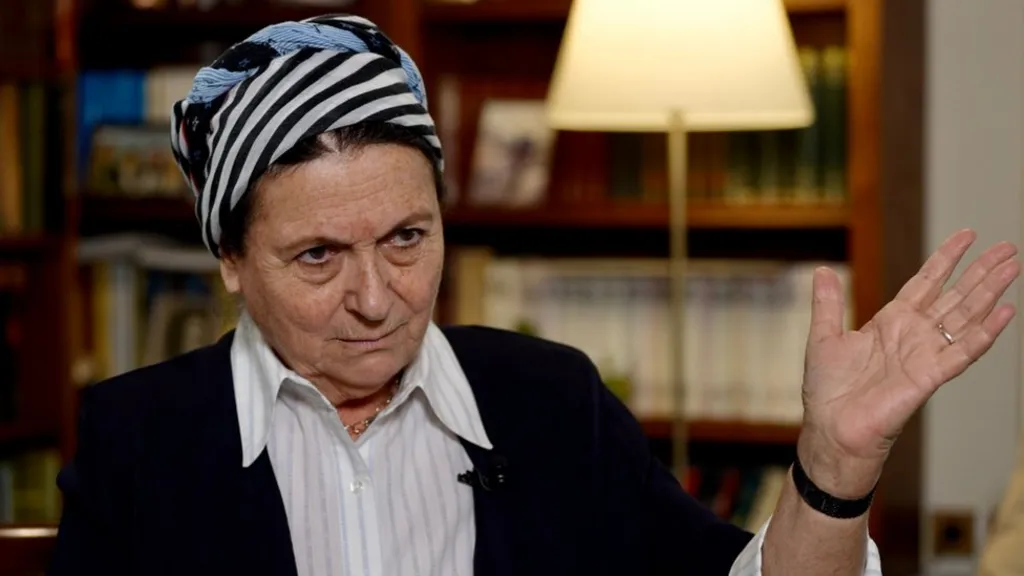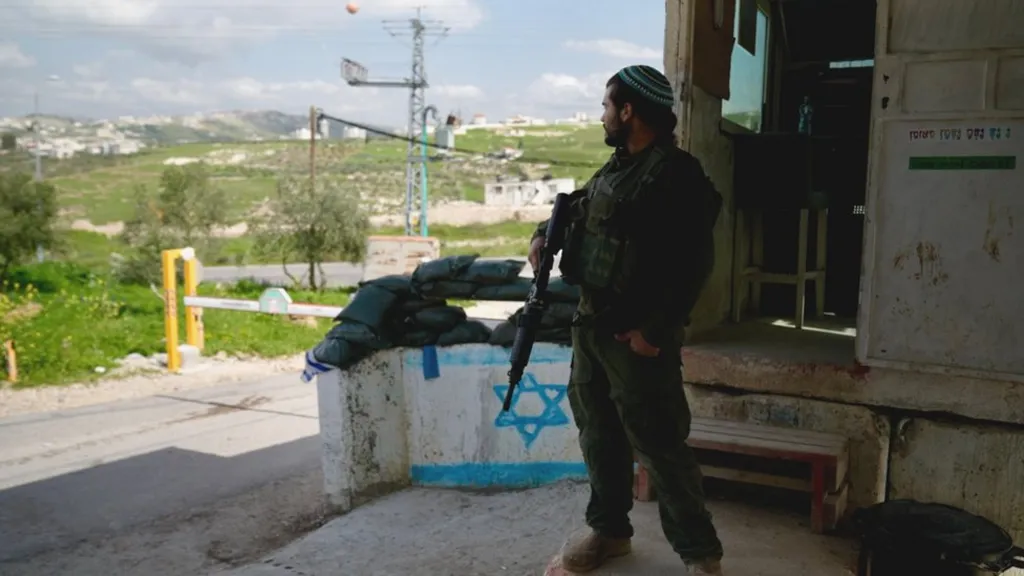
Settler numbers are rising fast under Benjamin Netanyahu’s government
Amidst the conflict and chaos engulfing Gaza, some voices from Israel’s far-right are advocating for an unexpected twist in the region’s troubled narrative: the resettlement of Jewish settlers on Gaza’s beachfront.
At the forefront of this controversial proposition is Daniella Weiss, a prominent figure in Israel’s settler movement and the founder of Nachala, an organization dedicated to establishing Jewish settlements in the occupied territories.
Despite widespread opposition and skepticism, Weiss claims to have a list of 500 families eager to relocate to Gaza at a moment’s notice.
The idea of Jewish settlements in Gaza is not entirely new. Following Israel’s unilateral withdrawal from the territory in 2005, which saw the dismantling of 21 settlements and the evacuation of around 9,000 settlers, some within the settler movement have harbored aspirations of returning to Gaza’s shores.
While such sentiments were once dismissed as unrealistic, recent events have reignited discussions about the feasibility of resettling Gaza.
Although the majority of Israelis are reportedly against the idea of resettling Gaza, certain factions within the Israeli government are openly entertaining the notion.
Israeli Prime Minister Benjamin Netanyahu’s decision to cancel a planned visit to the White House following a UN resolution calling for an immediate ceasefire in Gaza has further underscored the tensions surrounding the issue.

Daniella Weiss envisions a future where Gaza is predominantly Jewish, asserting that Palestinians in the territory would willingly depart for other countries.
However, her assertions have been met with skepticism and condemnation, with critics labeling the proposal as tantamount to ethnic cleansing.
Despite the controversy, Weiss remains undeterred, actively promoting her vision at local gatherings and events.

Meanwhile, settlers like Sarah Manella express eagerness to return to Gaza, envisioning the empty territory as ripe for new settlements.
However, the realities on the ground paint a starkly different picture. Gaza, ravaged by months of conflict and characterized by widespread devastation, is hardly a blank canvas awaiting resettlement.
With tens of thousands of Palestinians killed and vast swathes of land reduced to rubble, the prospect of resettling Gaza appears more like a distant dream than a plausible reality.

While the settler movement’s ambitions for Gaza may seem far-fetched, their persistence and influence cannot be underestimated. As tensions persist and the conflict rages on, the debate over Gaza’s future is far from over.
Whether settlers will ever set foot on Gaza’s beachfront remains to be seen, but their aspirations serve as a reminder of the complex dynamics and deep-seated divisions that continue to define the Israeli-Palestinian conflict.